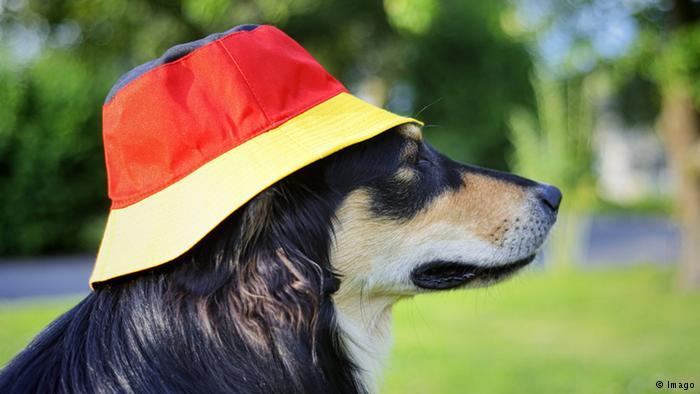For German pet owners, their loved ones don’t come without a price. Nine billion euros ($10 billion), to be exact. When it comes to producing food for pets, we’re talking about 3.5 billion euros in revenues for producers. At least a third of all households have a pet – that amounts to a good 26 million animals living across Germany. The untouched leader of all pets is the cat – there are 8.2 million house felines Germany. Around 5.4 million dogs are in position two. That’s followed by rabbits, hamsters and guinea pigs who clock in at just above 5 million. The economic impact of all this is significant: around 7 percent of all supermarket revenues in larger cities go to pet food. Dog tax Millions of hearts are moved by house pets – and billions of euros. The costs aren’t just for food. What about the equipment? “We’re talking about 30 euros for a leash, and then there’s the kennel and stuff like that,” says Martina Glitz, who owns a pet shop. According to Glitz, dog owners are set back around 100 euros per month in the end. And buying a dog isn’t cheap either. Depending on the race, ranging from shepherds to labradors, a puppy can cost up to 1,500 euros here in Germany. And what if your puppy misbehaves? Dog school rates are pretty hefty here, and they are seen as obligatory among neighbors. An hour will set you back 50 euros. Last but not least – let’s not forget the dog tax. Depending on where you live in this country, that could mean between 50 and 300 euros per year. Dog sunglasses for convertible ride These are just the basics. Dog sunglasses for a ride in your convertible? That’ll cost you around 80 euros. Pedicure for your collie? No comment on that particular cost… And what about insurance? As soon as your public liability insurer finds out that you’ve bought a dog, don’t yelp if your rates go up between 70 and 180 euros. And that’s without the premium packages offered by some pet insurance companies – depending on your coverage, we’re talking about 150 to 400 euros for those. Cats are pretty cheap – at first glance. But after food and other expenses, says Martina Glitz, they’re expensive too. “You’ve got your food expenses at around 30 euros. And then your treats will cost you 10, and your veterinarian costs you around 30 on top. So don’t think you’ll get away with a cat for under 80 euros.” German families are more than willing to fork it out for their beloved domestic animals. And their willingness – once again, 9 billion euros – puts them almost at the top of the rankings when it comes to pet lovers in Europe. The Brits have that position for now. But industry experts say the Germans will soon overtake them. Whoof. Meow. (What does a guinea pig say?) DW












